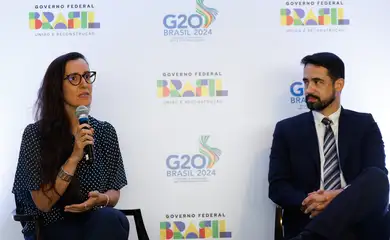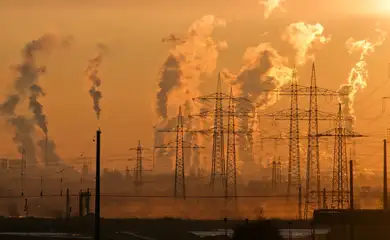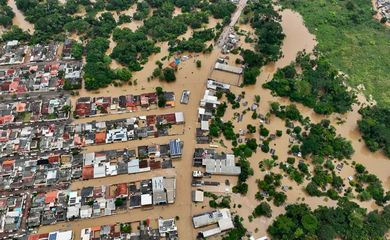Brazil commits to new carbon reduction target at COP29

Brazil was the second nation to submit the climate plan for the third generation of the Nationally Determined Contribution (NDC), which defines the reduction of greenhouse gas emissions from 59 to 67 percent by 2035. The proposal, which had already been unveiled in Brazil, was officially handed over to the United Nations’ executive secretary for climate, Simon Stiell, at the 29th United Nations Climate Change Conference (COP29) in Baku, Azerbaijan.

“Brazil is moving away from a denialist model and taking a leading role in the fight against climate change. President Lula is fully committed to making Brazil an example of leadership,” said Brazilian vice-President Geraldo Alckmin.
The document reiterates climate neutrality as a goal to be met by 2050 and introduces “a vision of a country that recognizes the climate crisis and the urgency of building resilience, and draws up a roadmap for a low-carbon future for its society, its economy, and its ecosystems.”
In addition to providing a summary of public policies designed to make NDC goals possible—like the Ecological Transformation Plan—the text details the efforts being made in the country to mitigate greenhouse gas emissions, broken down by sector of the Brazilian economy.
Under the Brazilian NDC, the Sectoral Mitigation Plans, which are being drawn up as part of the National Mitigation Strategy of Brazil’s Climate Plan, are guided by the new target and will establish absolute values for reducing the emission of all greenhouse gases and create targets across all areas of the Brazilian economy. This stage of public policy development is expected to be completed in the first half of 2025.
On social media, Stiell spoke of Brazil’s leadership in delivering the plan for NDC 3.0. “The message is clear: Climate action is stepping up because it is every nation’s ticket to security and prosperity,” he argued.
The Climate Plan
Submitting the document with a variable margin, Minister for the Environment and Climate Change Marina Silva noted, was made possible because its deadline is more than ten years away, taking into account potential changes in economic scenarios, international cooperation, and technological innovations.
“Our focus is on having an absolute figure that goes from more than 2 billion to 850 million tons of carbon dioxide. To back up this decision, we have the Climate Plan, the Ecological Transformation Plan, which is the new paradigm for Brazil's development model,” she went on to say.
The first country to deliver the NDC to the United Nations was the United Arab Emirates, as had already been agreed in the formation of the Troika, the multilateral pact signed by the three presidencies of COP28, COP29, and COP30, respectively the United Arab Emirates, Azerbaijan, and Brazil, to fulfill Mission 1.5°C.
*The reporter traveled at the invitation of the Inter-American Institute for Cooperation on Agriculture (IICA).






